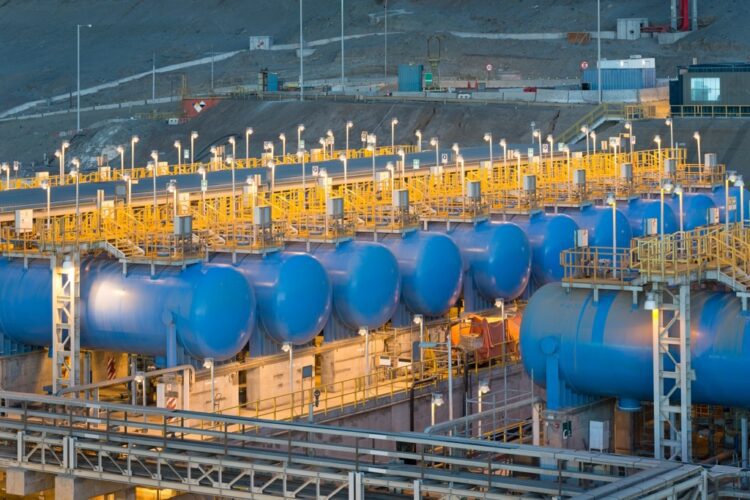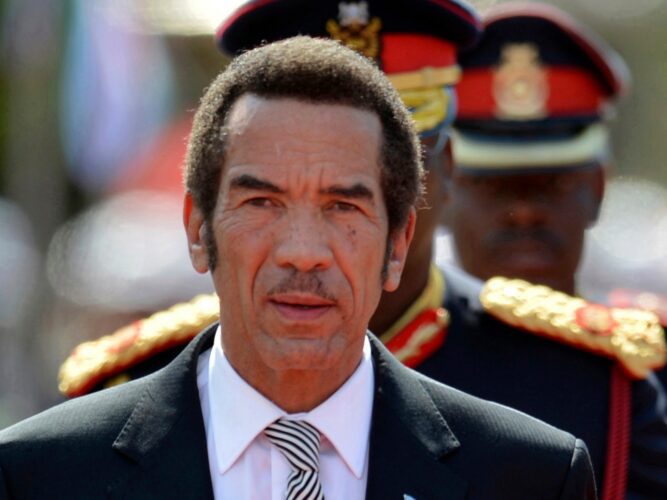With the construction of the Great Ethiopian Renaissance Dam (GERD) reducing the flow of the Nile and accelerating water stress in North Africa, Egypt needs alternative solutions more than ever to supply its population and develop its agriculture. As well as reusing treated wastewater, Cairo is also banking on seawater desalination and encouraging the establishment of public-private partnerships (PPPs).
And it’s working, with investors jostling to win concessions around the new coastal cities being built in the country. These include Saudi Arabia’s Acwa Power, India’s Va Tech Wabag, Spain’s Abengoa and Japan’s Toyota Tsusho. According to the German portal Statista, by 2021/2022, Egypt will have a total of 47 water desalination plants, with a total capacity of 371.8 million m3 per day. But the rush to desalination poses another problem, that of the energy efficiency of the plants built.
Improving the energy efficiency of desalination
On this point, the Egyptian government wants to bet on renewable energies, in particular concentrated solar power plants (CSP). In fact, following an international call for tenders launched a few months ago, several companies were recently selected. These include Aqualia, a supplier of water treatment solutions based in Madrid, Spain, Norwegian independent power producer (IPP) Scatec, French energy company Engie, UAE-based Amea Power and Toyota Tsusho, which is stepping up its investments in the energy sector in Africa. The Egyptian authorities are counting on a combined capacity of 250 MW for an investment of $270 million.
Read also- AFRICA: desalination now at the heart of water supply strategies
The plants, which will be connected to Egypt’s national grid, are expected to produce clean electricity for 25 years to power desalination plants with a combined capacity of 400,000 m3 per day. With this initiative, Egypt is set to take its first steps in the production of solar energy from concentrating solar power plants.
Thermodynamic solar power in Egypt
Although one of the best performers in terms of renewable energies in Africa, Egypt has so far focused on photovoltaic solar energy and onshore wind power. However, the North African country has the resources needed to set up thermodynamic solar power plants. Compared with photovoltaic solar power plants, CSPs are slightly more expensive to install, but they are more efficient because they can supply electricity after sunset.
Egypt began exploring CSPs a few years ago, setting up a partnership in 2019 with Smart Engineering Solutions, a company based in Abu Dhabi in the United Arab Emirates. Cairo was counting on an initial investment of $1.2 billion for five CSPs and the construction of a factory to manufacture the components for these plants. Since then, not a single plant has been commissioned. In the meantime, other players have shown an interest in the Egyptian thermodynamic solar energy market. This is the case of the Swedish company Absolicon Solar Concentrator, which will be commissioning a solar collector production line by 2024 for the Swiss company Creative Power Solutions (CPS).
Jean Marie Takouleu
Source link : https://www.afrik21.africa/en/egypt-the-costly-gamble-of-thermodynamic-solar-power-for-water-desalination/
Author :
Publish date : 2023-10-19 07:00:00
Copyright for syndicated content belongs to the linked Source.





